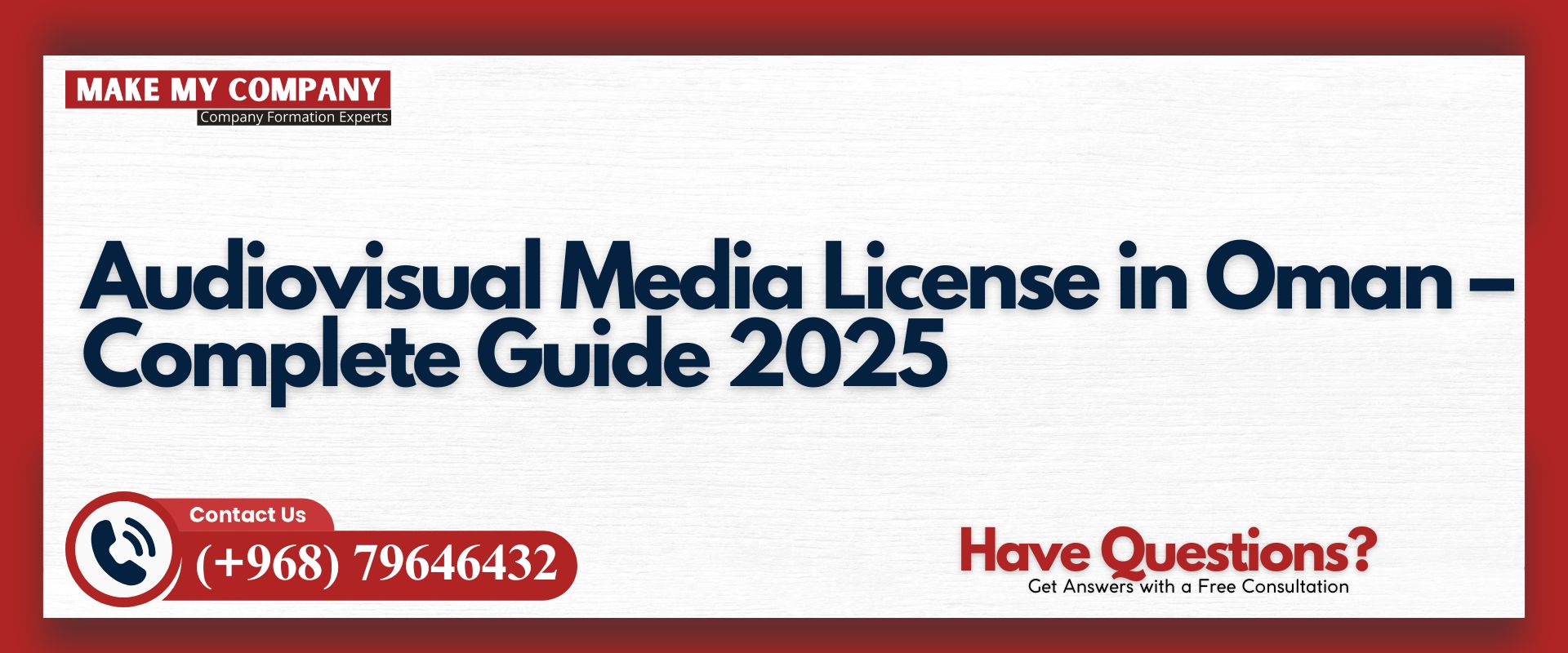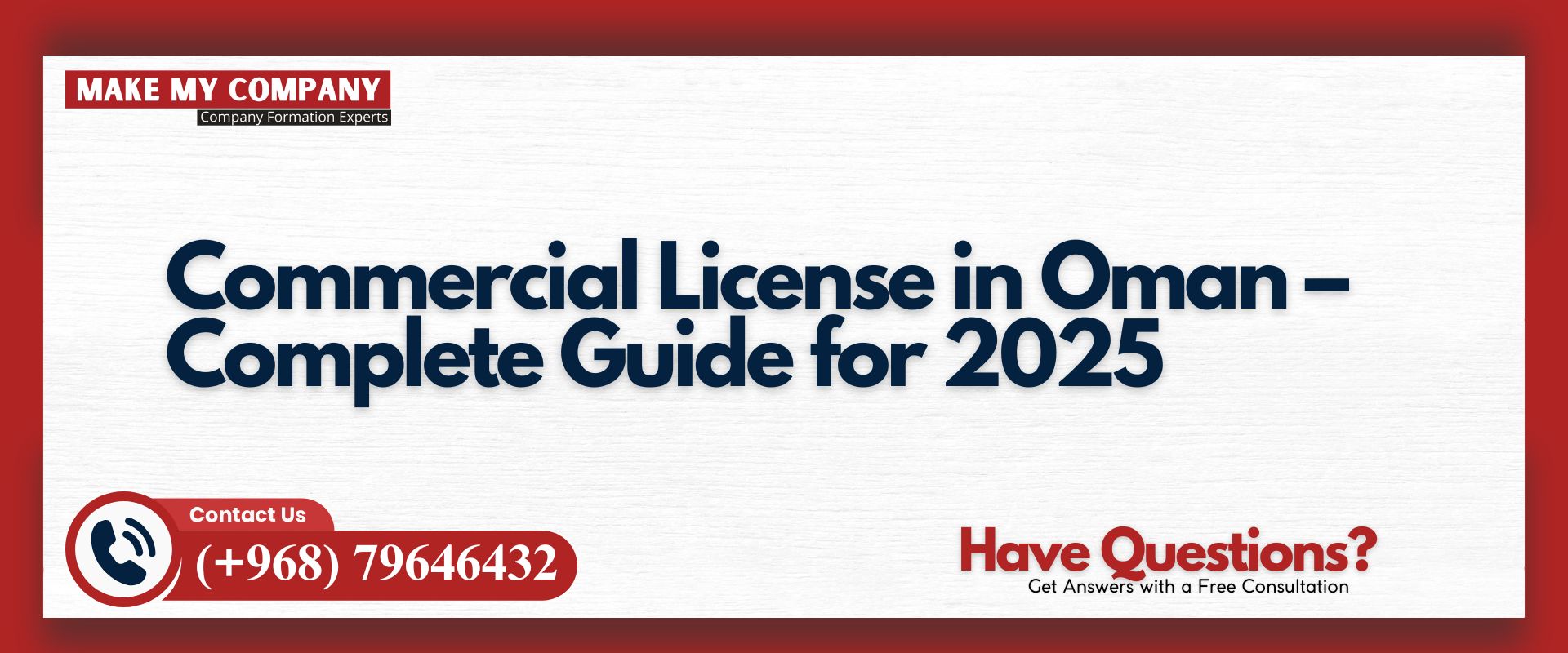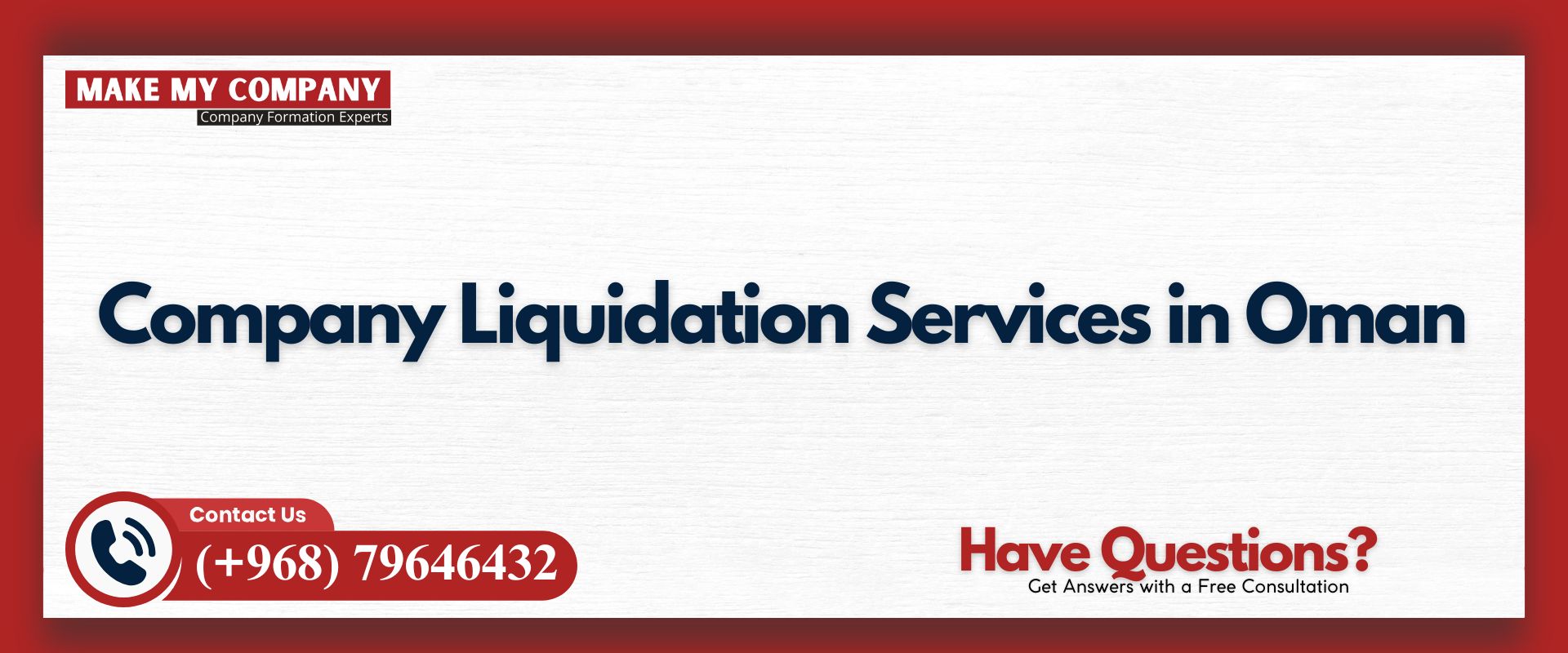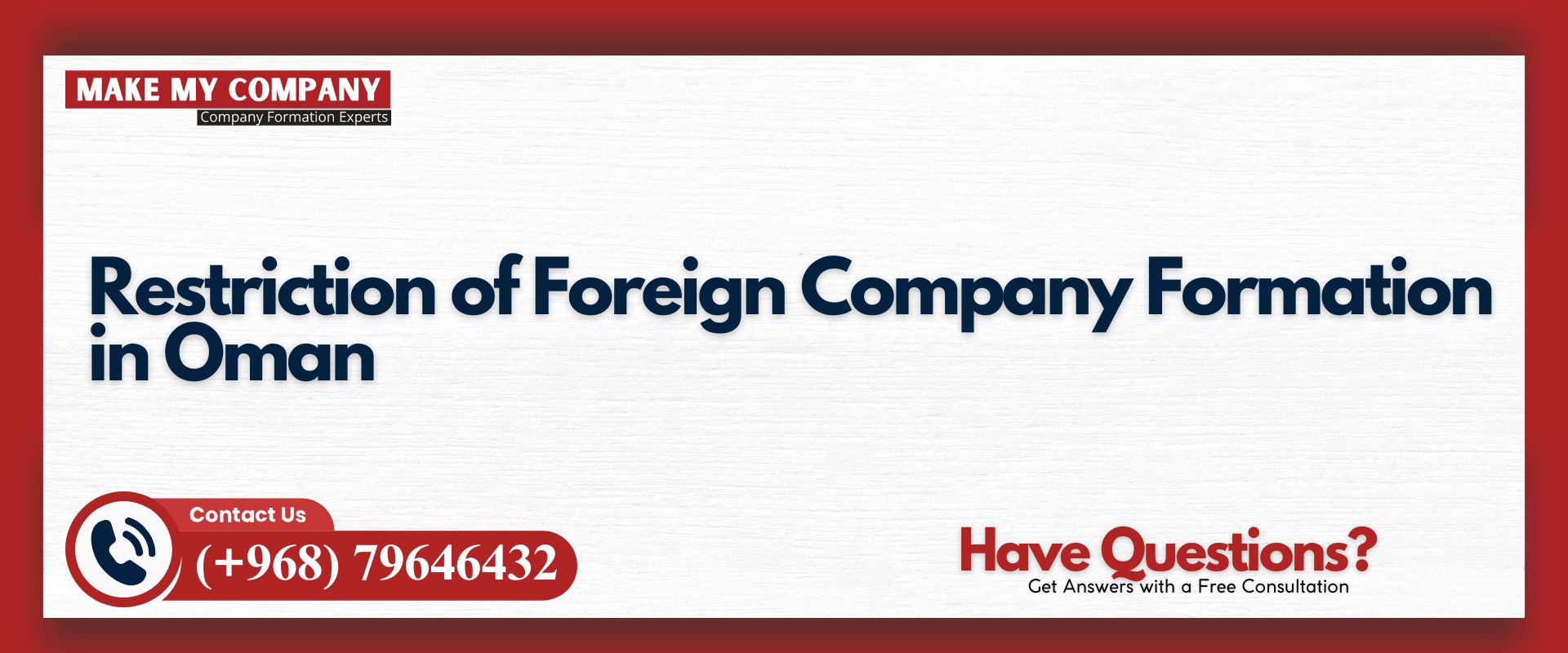Holding annual general meetings in Oman is a legal requirement for companies operating in the country. These meetings provide a structured platform for shareholders, directors, and executives to discuss key corporate matters, review financial reports, and make strategic decisions.
AGMs are governed by the Omani Commercial Companies Law (CCL), which sets out regulations regarding timing, agenda, reporting, and voting procedures. Failing to hold an AGM within the prescribed timeframe can result in legal penalties, compliance issues, and loss of shareholder confidence. This guide explains the step-by-step process of conducting AGMs in Oman, ensuring legal compliance and effective corporate governance.
What is an Annual General Meeting (AGM)?
An annual general meeting in Oman is a mandatory gathering of company shareholders and directors held to discuss the company’s financial status, governance policies, and corporate strategy. The AGM serves as a forum for reviewing business performance, approving financial statements, electing board members, and making key decisions affecting the company’s future.
In Oman, businesses must hold an AGM within six months after the financial year ends. The meeting ensures that shareholders are informed about the company’s financial health and can exercise their voting rights on crucial matters such as dividend distribution, executive compensation, and corporate restructuring.
Legal Requirements for Holding Annual General Meetings in Oman
Companies registered in Oman must comply with the Omani Commercial Companies Law (CCL) when conducting AGMs. The law requires that AGMs be held annually, with proper notice, agenda, and quorum requirements.
All shareholders must receive formal notification at least 15 days in advance. The notice should specify the date, time, and agenda of the meeting. In addition, companies must present audited financial reports and ensure shareholder participation through physical meetings or virtual platforms.
For an AGM to be legally valid, a minimum quorum must be met. The quorum percentage depends on the company’s structure, with Joint Stock Companies (SAOG & SAOC) requiring at least 50% shareholder attendance. If the quorum is not met, the AGM must be rescheduled according to legal guidelines.
Step-by-Step Guide to Holding Annual General Meetings in Oman
Holding annual general meetings in Oman involves a structured process to ensure compliance with corporate regulations. First, schedule the AGM within six months after the financial year ends. Notify shareholders and regulatory authorities at least 15 days in advance, specifying the agenda. Prepare audited financial reports for presentation. Conduct the meeting following legal requirements, ensuring quorum and voting procedures are met. Finally, submit AGM resolutions and financial statements to MOCIIP for approval.
Step 1: Set the Meeting Date and Venue
Companies must schedule the AGM within six months of the financial year-end. The venue should be accessible to shareholders, with the option for virtual participation if necessary. The date must allow sufficient time for preparing financial reports and regulatory filings.
Step 2: Notify Shareholders and Regulatory Authorities
Shareholders must receive written notice at least 15 days before the meeting. The notice must outline the agenda, voting procedures, and participation details. Notifications can be sent via email, registered mail, or public announcements for listed companies.
Step 3: Prepare and Present Financial Reports
A key component of the AGM is the presentation of financial reports. Companies must prepare audited financial statements, annual reports, and governance updates. These documents should be reviewed by a certified auditor before being submitted to shareholders.
Step 4: Conduct the Meeting and Record Decisions
The AGM must be conducted as per the approved agenda, with discussions led by the board of directors or company executives. Shareholders vote on key decisions, including board appointments, dividend approvals, and corporate policies. The meeting minutes must be recorded and signed for regulatory submission.
Step 5: Submit AGM Reports to Authorities
After the meeting, companies must file approved financial statements and AGM resolutions with the Ministry of Commerce, Industry, and Investment Promotion (MOCIIP). Listed companies must also notify the Capital Market Authority (CMA).
Key Considerations When Holding Annual General Meetings in Oman
Companies must ensure timely preparation of financial statements to avoid last-minute delays. Shareholders should be given clear and transparent information regarding agenda items. It is important to maintain compliance with quorum requirements, as failure to meet the required attendance can result in the meeting being rescheduled.
Using virtual meeting options can help increase shareholder participation, especially for international investors. Proper documentation, including minutes of the meeting and shareholder resolutions, should be accurately recorded and submitted to regulatory authorities.
Common Challenges in Holding Annual General Meetings in Oman
Many companies face challenges in achieving quorum requirements, especially when shareholders are based in different locations. To address this, businesses should provide clear notifications and remote participation options.
Another common issue is delays in financial auditing, which can impact the timely submission of reports. Companies must work closely with auditors to ensure financial statements are finalized well in advance.
Disputes may arise over board decisions or financial distributions, making it essential to follow legal voting procedures and ensure transparency in all discussions.
Best Practices for Successful Annual General Meetings in Oman
To ensure a smooth AGM process, companies should:
- Plan AGMs early to avoid scheduling conflicts.
- Ensure compliance with the Omani Commercial Companies Law.
- Use technology for virtual participation and online voting.
- Maintain accurate documentation for regulatory filing.
- Engage professional advisors to navigate legal complexities.
By following these best practices, businesses can enhance shareholder engagement, maintain compliance, and foster corporate transparency.
Conclusion
Holding annual general meetings in Oman is a fundamental requirement for companies to maintain compliance, shareholder trust, and corporate governance. Businesses must ensure timely scheduling, proper financial reporting, and adherence to legal regulations to avoid penalties and operational disruptions.
For companies looking to streamline the AGM process, working with a business setup company in Oman can provide expert guidance on legal compliance, documentation, and shareholder engagement strategies, ensuring a seamless and efficient meeting process.









